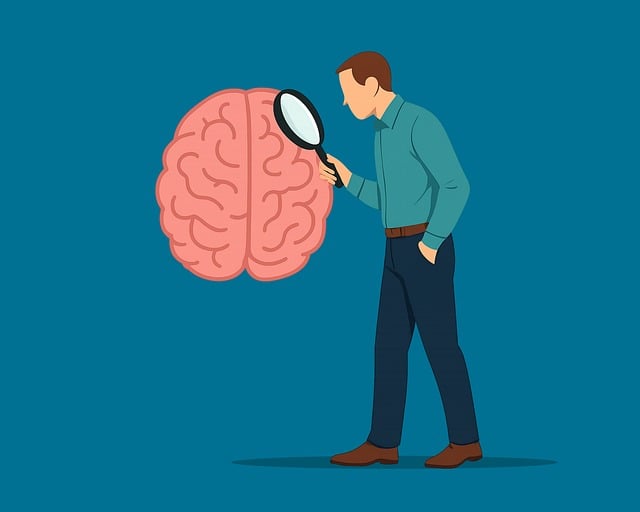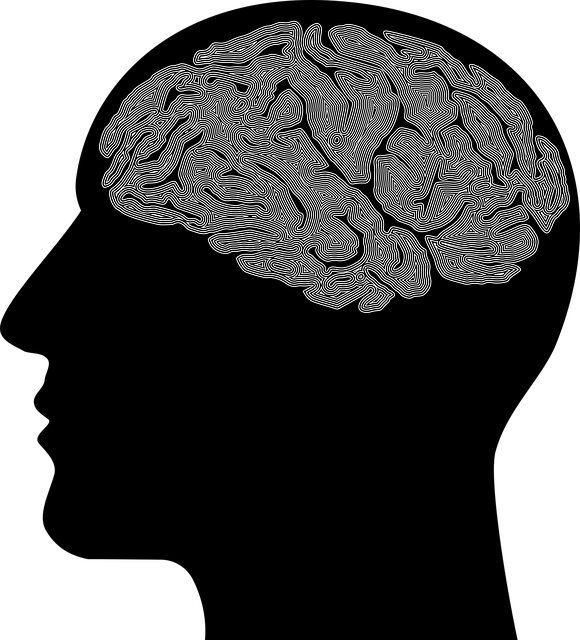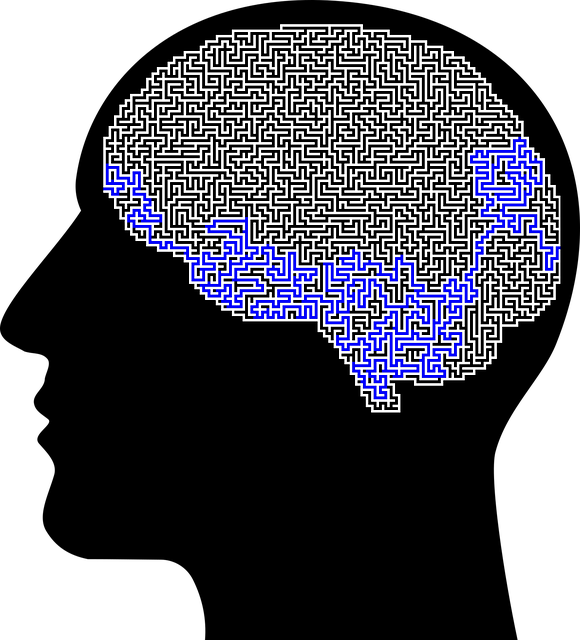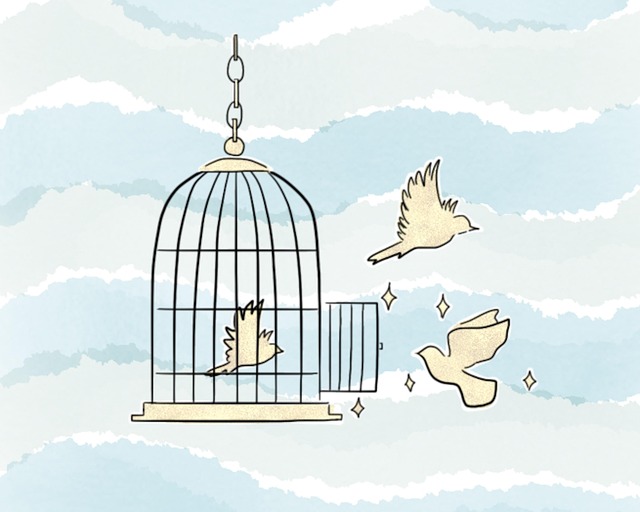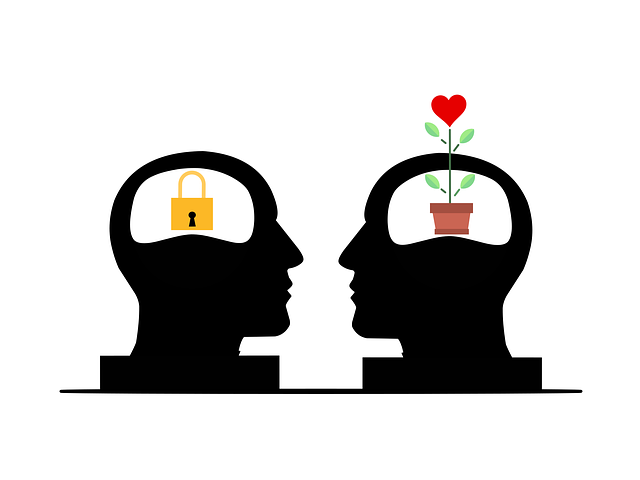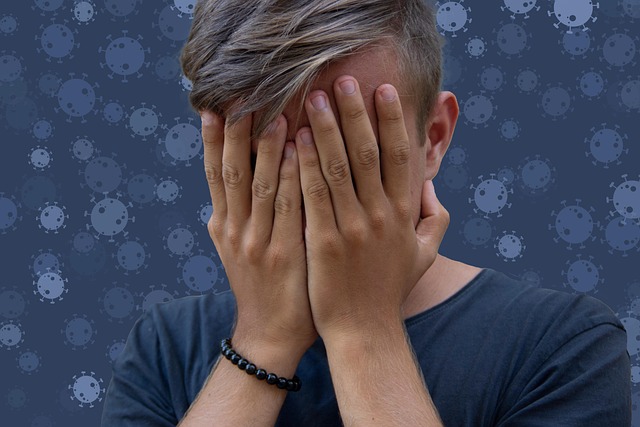Mental health crisis hotlines in Boulder, CO, offer 24/7 support through Boulder EMDR Certified Therapists who employ evidence-based Eye Movement Desensitization and Reprocessing (EMDR) therapy. These services cater to diverse populations with cultural sensitivity, addressing PTSD, depression, and anxiety disorders. By fostering a safe space for expression and teaching coping skills, these hotlines alleviate stress and promote long-term mental well-being, while initiatives like the Mental Wellness Podcast Series Production contribute to destigmatizing mental health issues in the community.
In today’s fast-paced world, mental health crisis hotline support services play a pivotal role in empowering individuals navigating intense emotions. This article explores the significance of these lifelines, focusing on Boulder EMDR Certified Therapy as a game-changer in crisis intervention. We’ll delve into understanding crisis hotlines, the expertise of certified therapists, and how to access these vital resources. Additionally, we’ll discuss challenges, effective interventions, and community support strategies that promote recovery.
- Understanding Mental Health Crisis Hotlines
- The Role of Boulder EMDR Certified Therapists
- How to Access These Support Services
- Common Challenges and Effective Interventions
- Promoting Recovery and Community Support
Understanding Mental Health Crisis Hotlines

Mental Health Crisis Hotlines are a vital resource for individuals experiencing acute emotional distress or a mental health emergency. These 24/7 services provide immediate support and guidance, connecting people with trained professionals who can offer Boulder EMDR Certified Therapy and other evidence-based interventions. By offering a safe space to express feelings and concerns, hotlines play a crucial role in stress reduction methods and coping skills development.
With cultural sensitivity at the forefront of their practice, these hotlines cater to diverse populations, ensuring that everyone receives respectful and competent care. This approach is particularly important given the impact of cultural factors on mental health experiences. Effective crisis hotline services not only help individuals navigate their immediate needs but also guide them towards long-term strategies for managing their mental well-being.
The Role of Boulder EMDR Certified Therapists

In addressing mental health crises, Boulder EMDR Certified Therapists play a pivotal role. Eye Movement Desensitization and Reprocessing (EMDR) therapy is a specialized approach that helps individuals process traumatic memories and reduce the intensity of associated emotions. This evidence-based method has proven effective in treating conditions such as post-traumatic stress disorder (PTSD), depression, and anxiety disorders. Boulder, known for its thriving mental health community, hosts a network of therapists certified in EMDR, offering advanced treatment options to those in need.
Beyond the technical expertise, these therapists bring an essential element of cultural sensitivity to mental healthcare practice. They are attuned to the diverse backgrounds and experiences of their clients, ensuring inclusive and tailored support. By integrating self-care practices into their own lives and professional routines, they model holistic wellness and maintain a healthy work-life balance. This commitment extends beyond individual therapy sessions, influencing the overall Mental Wellness Podcast Series Production, where they share insights and strategies to promote mental health awareness in the community.
How to Access These Support Services

Accessing mental health crisis hotline support services is a crucial first step for individuals facing emotional distress or a psychological crisis. In Boulder, CO, those in need can reach out to specialized hotlines offering confidential and immediate assistance. These services are designed to provide a safe space for individuals to share their concerns and receive guidance. One such resource is the Boulder EMDR Certified Therapy hotline, which connects callers with trained professionals equipped to handle various mental health challenges.
To access these support services, individuals can simply dial the dedicated hotline number. Trained counselors are available 24/7 to offer assistance. Whether it’s a matter of self-esteem improvement, conflict resolution techniques, or boosting confidence, the certified therapists can provide tailored strategies and resources. The process is designed to be non-judgmental, ensuring individuals feel heard and supported while navigating their mental health journey.
Common Challenges and Effective Interventions

The mental health crisis hotline support services face several common challenges. One significant issue is reaching the target audience, especially among marginalized communities, where stigma and lack of awareness often prevent individuals from seeking help. Cultural Sensitivity in Mental Healthcare Practice plays a pivotal role in addressing this by ensuring that support is tailored to diverse cultural backgrounds and beliefs. This involves training hotline staff in conflict resolution techniques to handle sensitive conversations effectively while maintaining a safe space for vulnerable callers.
Effective interventions include integrating Boulder EMDR Certified Therapy, which has shown promise in treating trauma and anxiety disorders. Mental Health Education Programs Design should focus on community outreach to dispel myths and encourage open dialogue. By combining these strategies with ongoing staff training in Conflict Resolution Techniques, crisis hotline services can better equip themselves to handle a wide range of mental health crises while fostering inclusive and supportive environments for all users.
Promoting Recovery and Community Support

In the heart of Boulder, EMDR-certified therapy services stand as a beacon of hope and recovery for those grappling with mental health crises. This specialized approach, backed by evidence, facilitates the processing of traumatic memories, helping individuals heal and regain their sense of well-being. Beyond individual therapy, community support plays a pivotal role in promoting mental wellness. Local initiatives like the Mental Wellness Podcast Series Production encourage open conversations, destigmatize mental health issues, and offer valuable resources accessible to all.
Integrating social skills training as part of these support services further strengthens the fabric of community care. By fostering connections and enhancing communication, individuals can build supportive networks that are crucial for navigating mental health challenges. Risk assessment for mental health professionals is also a key consideration, ensuring practitioners are equipped with the knowledge and tools to recognize and manage high-risk situations effectively while prioritizing client safety and recovery.
Mental health crisis hotline support services play a vital role in fostering community recovery. The integration of Boulder EMDR Certified Therapy offers specialized assistance, addressing common challenges with effective interventions. By understanding access points and promoting community support, we can ensure that those in need are equipped with the resources to navigate and overcome mental health crises. This comprehensive approach, highlighted throughout this article, is a testament to the power of accessible care in revolutionizing lives.


